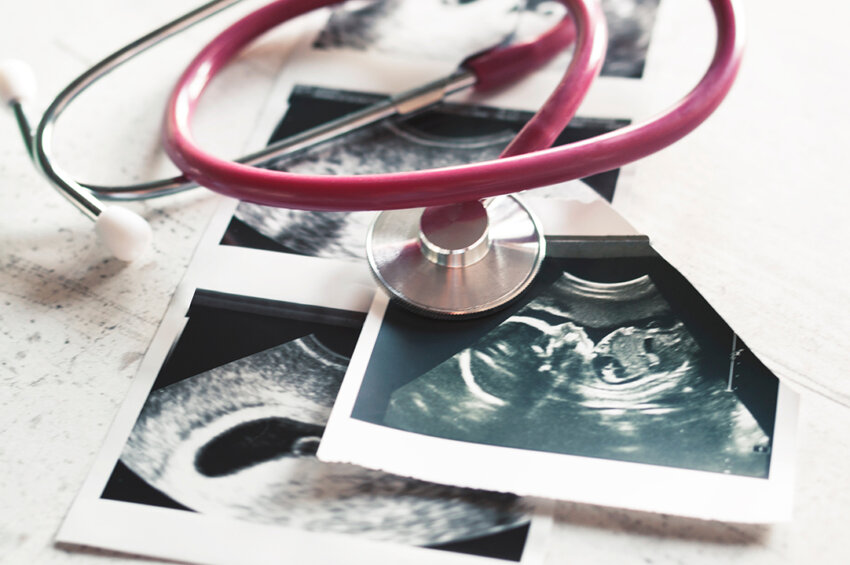Contact: Steven Lee, (210) 450-3823, lees22@uthscsa.edu
SAN ANTONIO, Sept. 20, 2023 – A new published study led by researchers at The University of Texas Health Science Center at San Antonio (UT Health San Antonio) has found an association between autism diagnosis in boys and daily consumption of either diet soda or a comparable amount of aspartame by their mothers during pregnancy or breastfeeding.
In this case-control study, boys who had been diagnosed with autism were more than three times as likely as neurotypically developing boys to have been born to mothers who reported consuming one or more servings per day of diet soda, or comparable amounts of the leading artificial sweetener aspartame, during pregnancy or breastfeeding. No statistically significant association was found in female offspring.
“These associations do not prove causality, but taken in concert with reports from earlier studies of increased prematurity and cardiometabolic health impacts among infants and children exposed daily to diet beverages and/or aspartame during pregnancy, our findings raise new questions about potential neurological impacts that need to be addressed,” said Raymond F. Palmer, PhD, senior author of the paper, and professor in the Department of Family and Community Medicine at UT Health San Antonio.
The study, “Daily Early-Life Exposures to Diet Soda and Aspartame Are Associated with Autism in Males: A Case-Control Study,” was published in Nutrients, an international journal of human nutrition, on Aug. 29. Palmer and lead author Sharon Parten Fowler, PhD, MPH, adjunct assistant professor of medicine at UT Health San Antonio, were joined by researchers from School of Public Health campuses in San Antonio and Houston of The University of Texas Health Science Center at Houston, and the School of Public Health at San Diego State University.

Since its introduction, aspartame consumption has been reported to cause neurological problems in some users. It has also been associated with increased health problems among the offspring of animals fed aspartame during pregnancy, and among children whose mothers had consumed diet sodas, other diet beverages and/or aspartame daily during pregnancy.
For the new study, researchers hypothesized that exposure during pregnancy or breastfeeding to at least one can of diet soda per day, or an amount of aspartame equivalent to the dosage in one can of diet cola per day, increases autism risk. The case-control study collected retrospective dietary “recalls,” or written estimates, of diet beverage and aspartame consumption during pregnancy or breastfeeding from mothers of 235 offspring with autism spectrum disorder, and 121 offspring with typical neurological development (the control group).
From these recalls, exposure odds ratios were computed for all offspring diagnosed with autism, and for the subset of offspring with non-regressive – or early-onset – autism. The researchers found that males diagnosed with autism disorder had more than tripled odds of having been exposed daily to these products during pregnancy or breastfeeding, compared with male controls. These exposure odds were greatest among males with non-regressive autism.
“Our findings contribute to the growing literature raising concerns about potential offspring harm from maternal diet beverage and aspartame consumption during pregnancy,” said Fowler, who for the past decade has researched the health impacts of chronic exposure to non-nutritive sweeteners, including the risk of autism, and of cardiometabolic disease in children, adolescents and adults. She is an affiliate member of the International Society for Autism Research.
The researchers conclude that further research – including larger sample sizes of both sexes, and prospective measurement of dietary exposures and additional risk factors – is needed to evaluate these associations in other study populations, and to assess whether they extend to risk of autism spectrum disorder in all offspring.
In the meantime, however, the possibility that early-life exposures to these products through maternal diet might increase offspring neurodevelopmental risk, at least among boys, is of particular concern.
“The findings suggest that women should exercise caution when considering the use of these products during pregnancy and breastfeeding until further assessments are available,” Fowler said. “Maternal consumption of these products during periods of heightened offspring vulnerability represents a modifiable potential risk factor, the elimination of which might help to protect susceptible offspring in the next generation.”
Daily Early-Life Exposures to Diet Soda and Aspartame Are Associated with Autism in Males: A Case-Control Study
Sharon Parten Fowler, David Gimeno Ruiz de Porras, Michael D. Swartz, Paula Stigler Granados, Lynne Parsons Heilbrun, Raymond F. Palmer
First published: Aug. 29, 2023, Nutrients
Link to full study: Nutrients | Free Full-Text | Daily Early-Life Exposures to Diet Soda and Aspartame Are Associated with Autism in Males: A Case-Control Study (mdpi.com)
The University of Texas Health Science Center at San Antonio (UT Health San Antonio) is one of the country’s leading health science universities and is designated as a Hispanic-Serving Institution by the U.S. Department of Education. With missions of teaching, research, patient care and community engagement, its schools of medicine, nursing, dentistry, health professions, graduate biomedical sciences and public health have graduated more than 42,200 alumni who are leading change, advancing their fields and renewing hope for patients and their families throughout South Texas and the world. To learn about the many ways “We make lives better®,” visit UTHealthSA.org.
The UT Health San Antonio Joe R. and Teresa Lozano Long School of Medicine is listed among U.S. News & World Report’s best medical schools, ranking in the top 30% nationwide for research. To learn more, visit https://uthscsa.edu/medicine/.
Stay connected with The University of Texas Health Science Center at San Antonio on Facebook, Twitter, LinkedIn, Instagram and YouTube.


